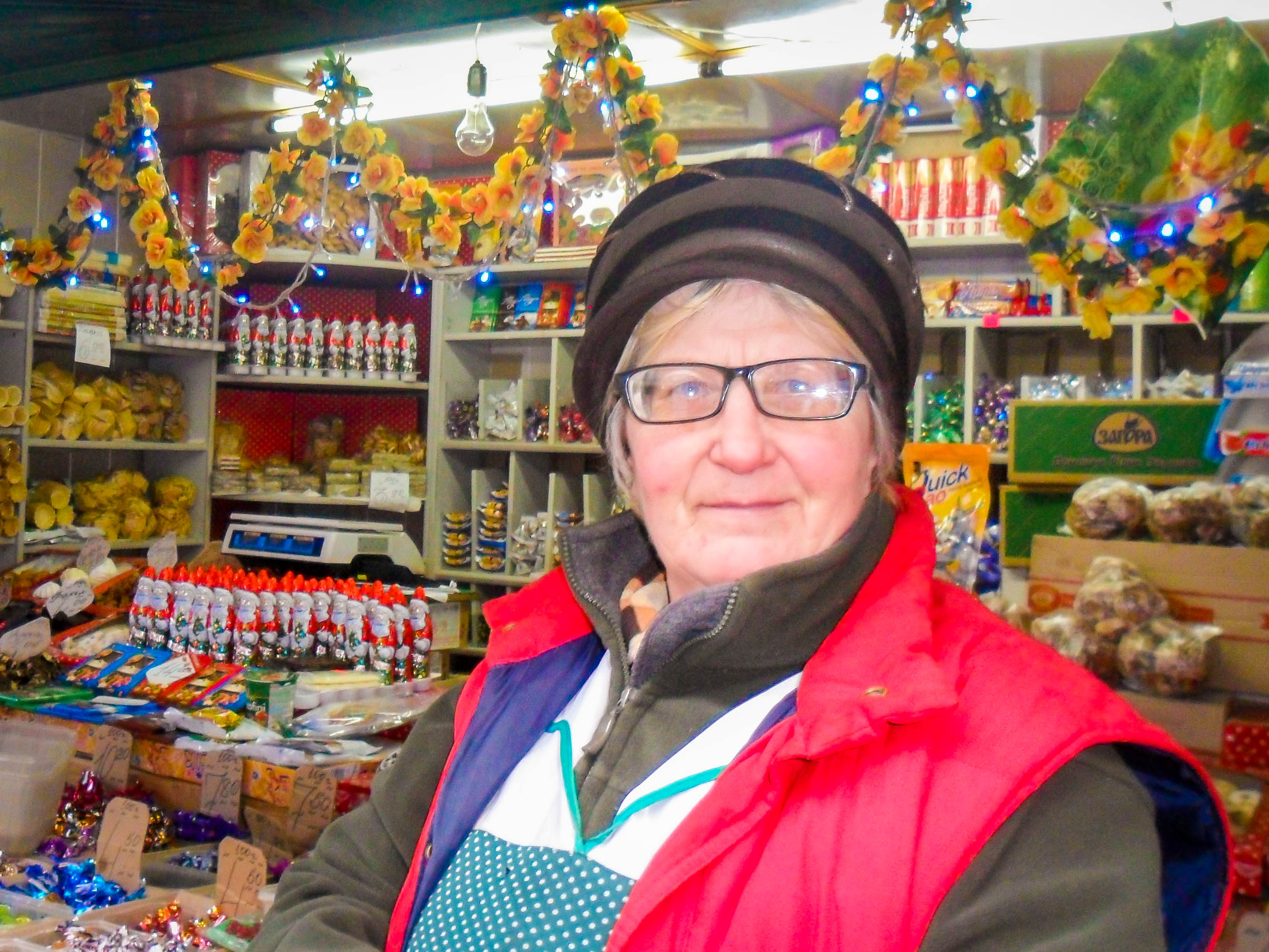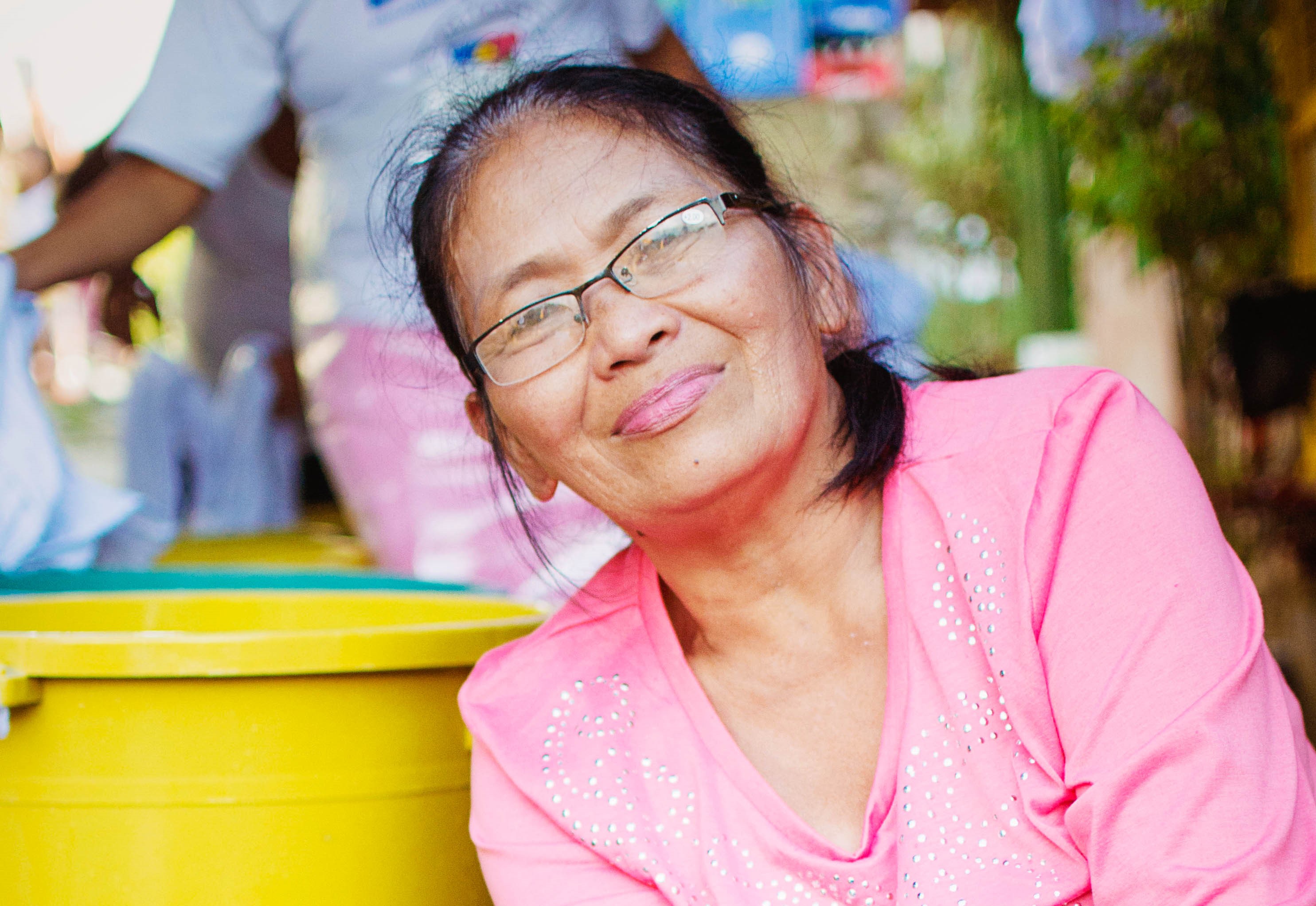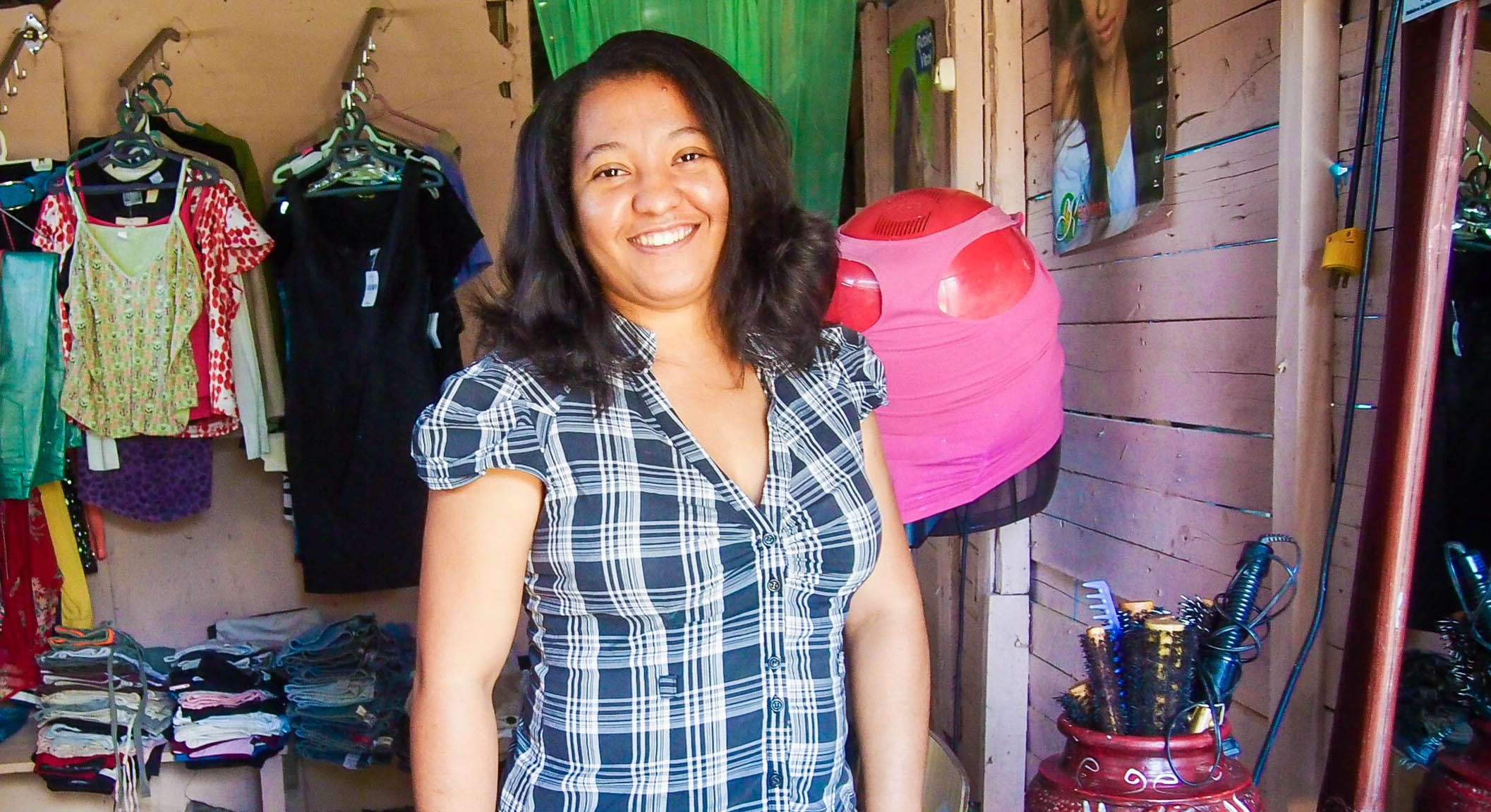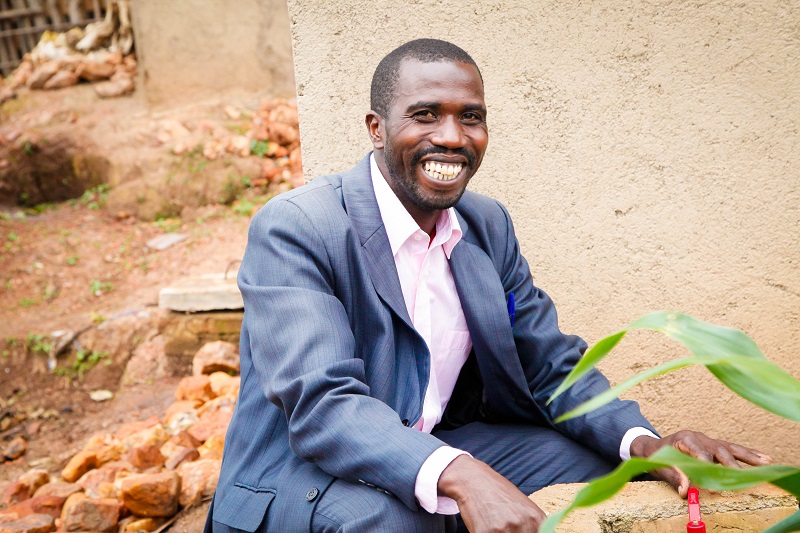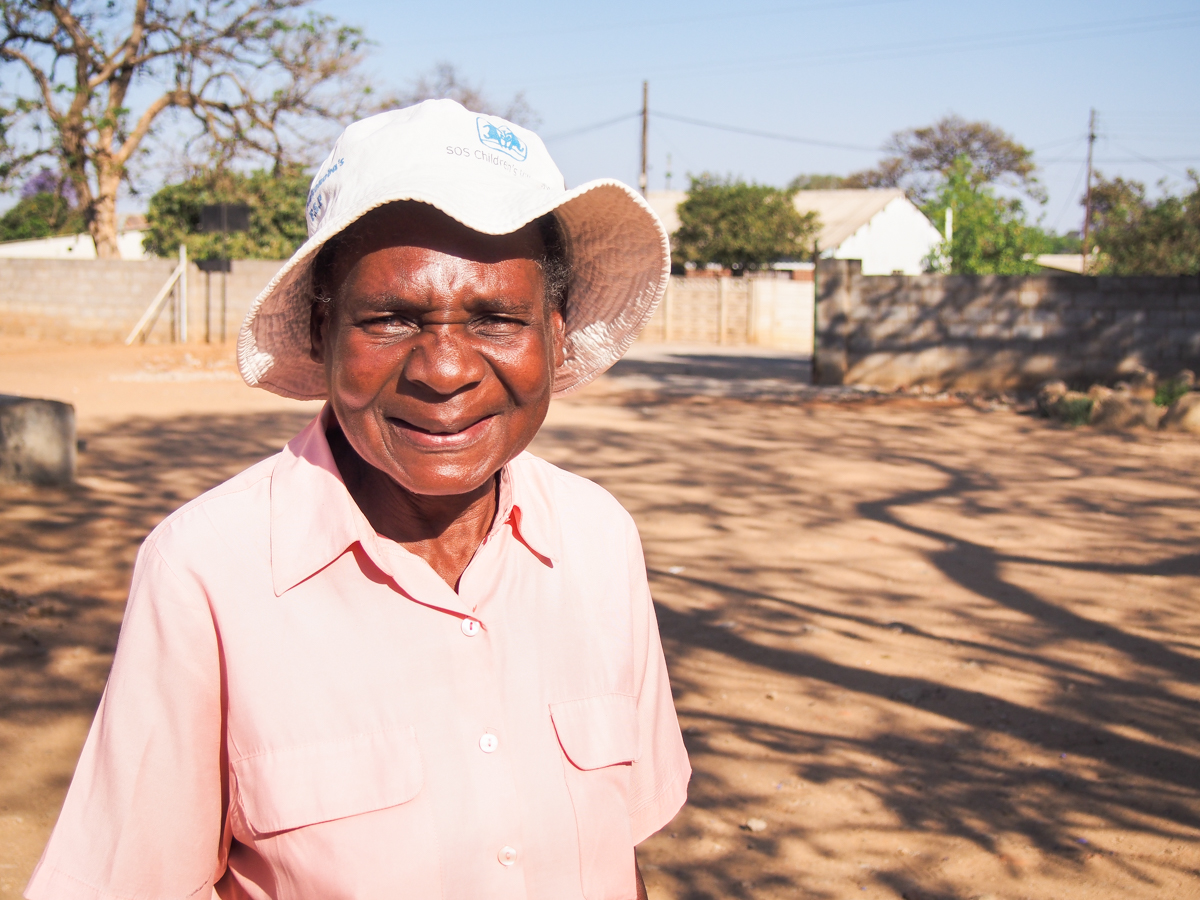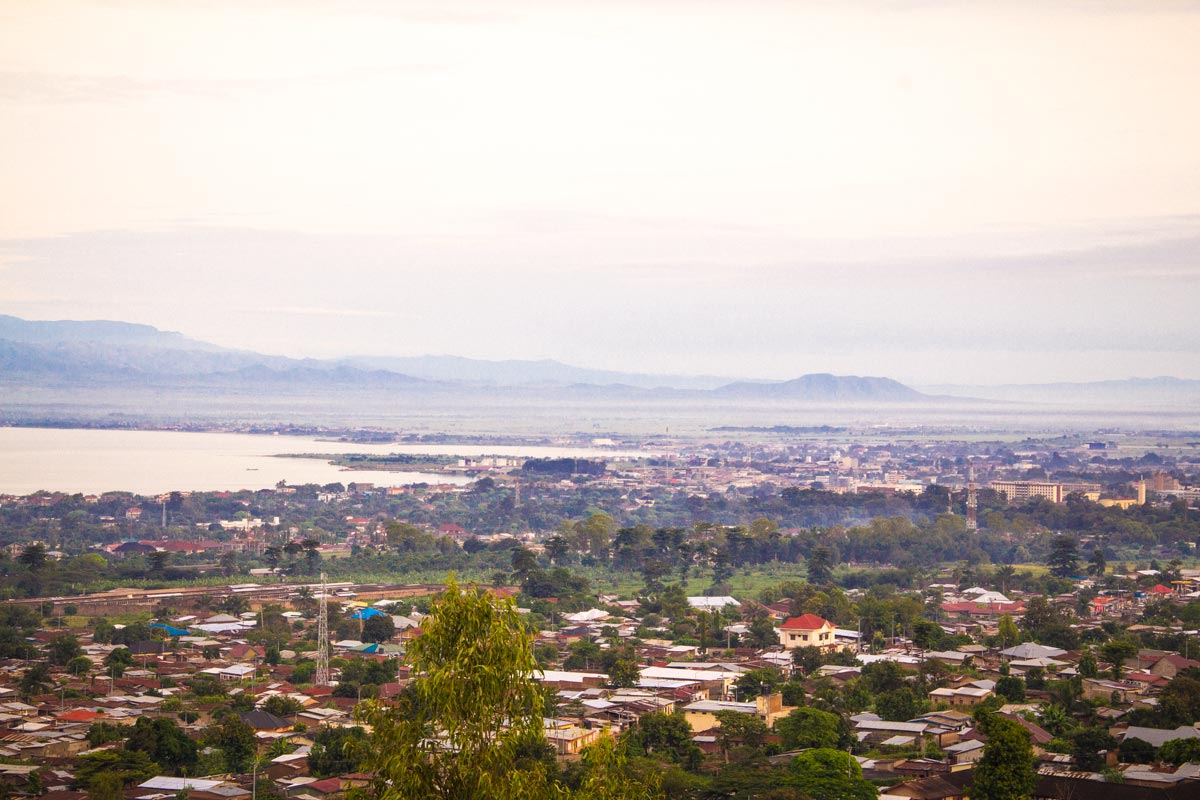Each year, HOPE celebrates clients who demonstrate HOPE’s values of perseverance, compassion, character, and creativity by announcing the Thurman Award. Established in honor of HOPE’s first CEO and his wife, the Thurman Award celebrates clients who have not only experienced change in their own lives but have also extended that transformation to others in their community. We’re excited to share the story of Marya, this year’s honorable mention from Eastern Europe!
There came a time when Marya Wozniak had to ask herself, “How much is enough?” For a number of years, her hard-working instinct, coupled with her circumstances as a single mother, led Marya to pursue business growth wholeheartedly. After all, when her husband abandoned the family, she was left to feed, clothe, house, and educate their three children on her income alone.
Marya worked diligently in the market of Drogobych, Ukraine, selling embroidery thread from a small table. After much hard work, she expanded from a table to a rented room. With small loans from HOPE Ukraine, Marya purchased her own storefront and transitioned to a confectionary shop, where she sells both homemade and purchased sweets and candies. Her income helped her children attend college and even become established in businesses of their own.
Redefining success
Since Marya became a HOPE Ukraine client in 2008, she’s developed deep relationships with staff members. “HOPE Ukraine staff is my family,” she says of the support she has found in her loan officer and others. These relationships opened the door for more than just business support.
Marya always considered herself a very moral and religious woman, but as she built relationships with HOPE’s staff, she began to hear them speak about a relationship with Jesus Christ. They shared that each one of us needs a Savior, regardless of our good deeds. Since she respected and cared for HOPE Ukraine’s staff, Marya reflected on their words and their lives. She began to contemplate salvation and started attending services at a local church—where she offered her life to Jesus and was baptized.
Continue Reading…






